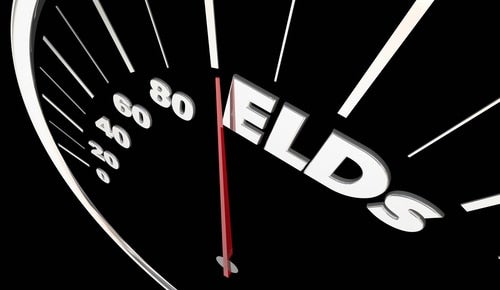
Two additional pieces of legislation were introduced this week that would exempt parts of the trucking ecosystem from the Electronic Logging Device mandate, an impressive flurry of action in just two weeks’ time on the issue.
There is little information on the bills as of yet; there is no text for them on the congress.gov site that lists as introduced the bills by Minnesota Democrat Collin Peterson and Montana Republican Greg Gianforte. Both Representatives, in a bipartisan touch, put out identical press releases touting the introduction of the two pieces of legislation.
Peterson is listed as the sponsor of the legislation that would exempt the entire agricultural sector from the ELD mandate. Gianforte’s bill would exempt businesses with ten or fewer trucks from the ELD mandate, which by extension include independent owner operators. The verbatim press releases from the two Representatives have no other details.
The releases did have statements from each of the two members of Congress. Peterson’s comment: “This legislation will eliminate costly and time-consuming regulations for small trucking companies and individual owner-operators, who constitute much of the rural trucking industry. In addition, it will help reduce unnecessary stops and delays which threaten the quality of agricultural products on their way to market.”
Gianforte’s comment: “Electronic logging devices are another layer of unnecessary red tape that continue to tie up truckers and puts livestock and Montana livelihoods at risk. This measure is a step in the right direction as we reduce the burden this mandate places on Montana’s small trucking operations, farmers, and ranchers.”
The introduction of the legislation follows by a few days legislation proposed by a bipartisan group of U.S. Senators that would change the hours of service rule for the livestock industry. It also comes as a bipartisan group of senators is asking the Federal Motor Carrier Safety Administration to consider changes in the hours of service rule.
The calendar is key here. The full House is up for re-election in November, as is approximately a third of the Senate. The slow pace of current Congressional activity would not be seen as boding well for the future of any legislation introduced just 5 1/2 months from what is expected to be a heated midterm election. Any legislative moves to change either hours of service or the ELD mandate comes up against that fact, no different than for any other industry seeking legislative relief.
According to a tracking website of the federal government, there have been 10,736 bills and resolutions introduced in the current Congress, which was seated in January 2017. Enacted laws and adopted resolutions by the Congress totals 175, about 1.6% of all introductions.
And when the new Congress is seated in January, the number of introduced bills resets to zero.







